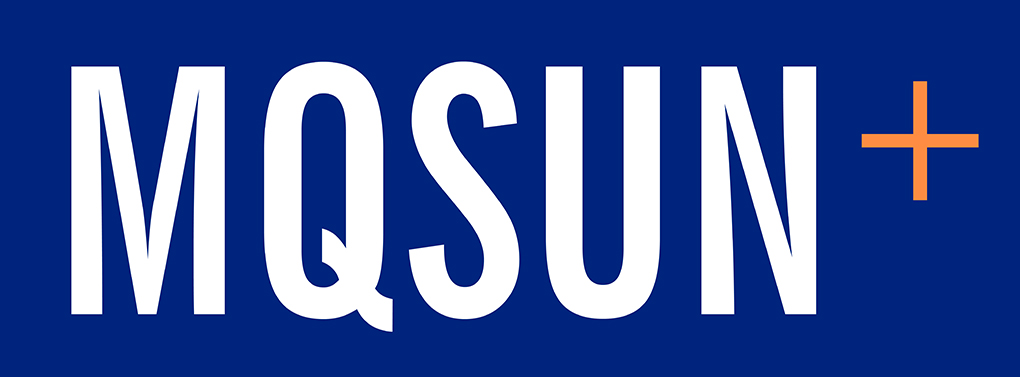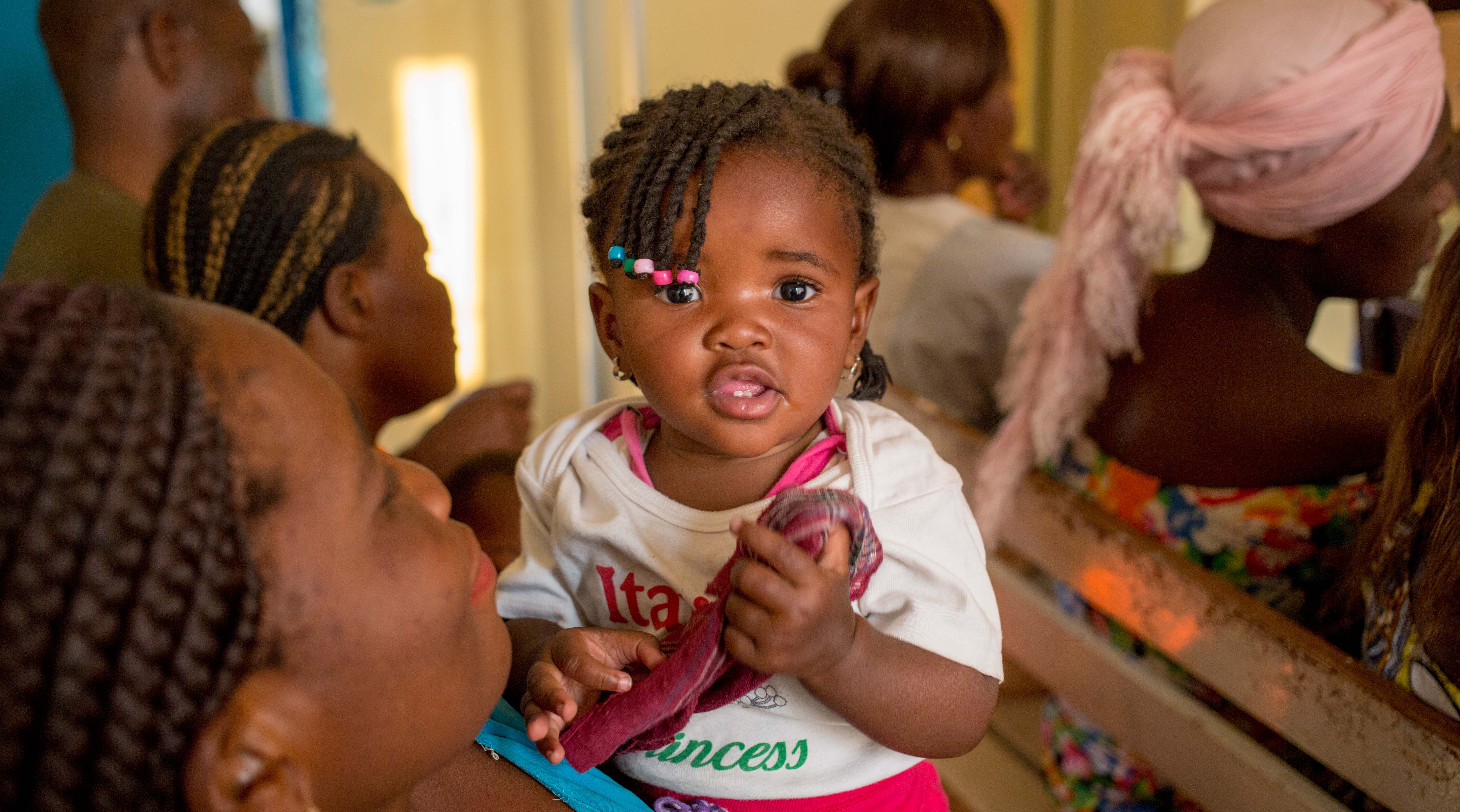The Nutrition Embedding Evaluation Programme (NEEP) was a four-year project (Oct 2013–Oct 2017) led by PATH and funded by the UK Department for International Development. NEEP aimed to build the evidence base for what works in improving nutrition by conducting credible, robust evaluations of innovative interventions implemented by civil society organisations (CSOs). The programme provided grants to 18 CSOs to evaluate their programmes in 13 different countries. The grantees included:
- Action Against Hunger / ACF International in Burkina Faso
- Action Against Hunger / ACF International in Chad
- Action Against Hunger / ACF International in Nepal
- ACTED in Pakistan
- BRAC in Bangladesh
- Cameroon Baptist Convention Health Services in Cameroon
- Concern Worldwide in Zambia
- Eminence Associates for Social Development in Bangladesh
- Evidence Action in Kenya
- Helen Keller International in Bangladesh, the Food and Agricultural Approaches to Reducing Malnutrition (FAARM) trial
- Helen Keller International in Bangladesh, the Making Markets Work for Women (M2W2) trial
- Helen Keller International in Indonesia
- Micronutrient Initiative (now Nutrition International) in Ethiopia
- Organic Health Response in Kenya
- Population Council in Zambia
- Save the Children in Malawi
- The University of Southhampton
- Zambian Centre for Applied Health Research and Development in Zambia
Below are a collection of briefs that showcase the new evidence that was generated under NEEP, which supports MQSUN+’s efforts to address malnutrition through multisectoral action in SUN and DFID countries.


